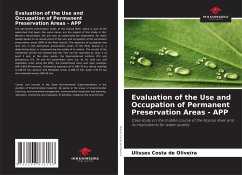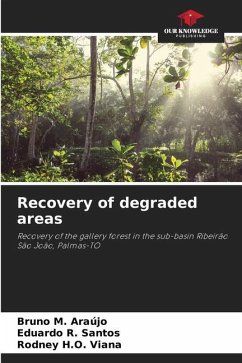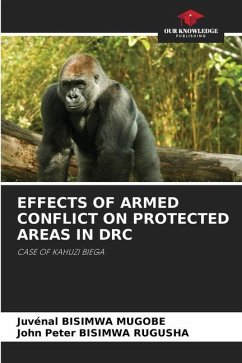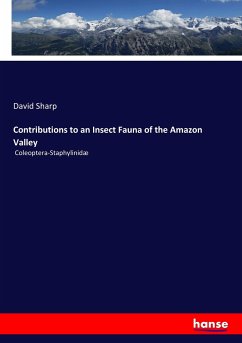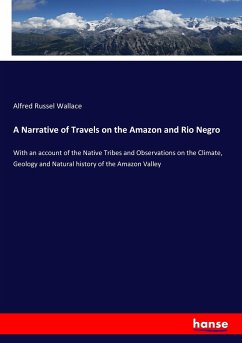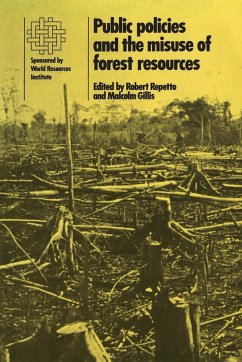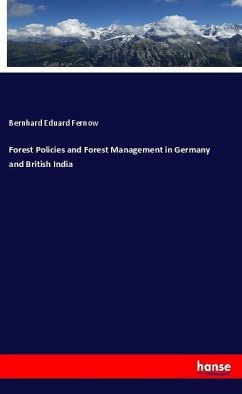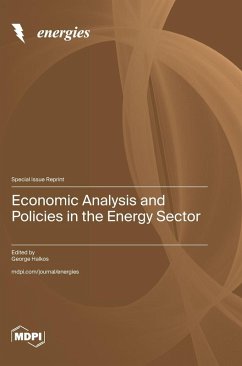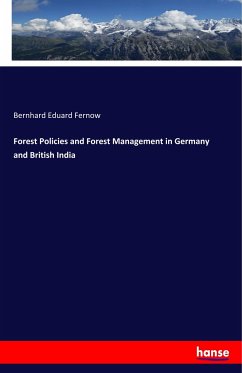
Public policies in border areas in the Amazon
A case study
Versandkostenfrei!
Versandfertig in 6-10 Tagen
25,99 €
inkl. MwSt.

PAYBACK Punkte
13 °P sammeln!
This study seeks to better understand the planning and implementation of public policies in border areas, particularly in the Amazon. Although public policies have a specific meaning, the product of a dramatic process of conflict between different social actors, they don't always actualise this meaning in the process of their implementation, either because of the actions of the social actors involved or because of the specific administrative difficulties in dealing with the demands presented by the different social actors. In the case in point, border regions are challenging, as they are not d...
This study seeks to better understand the planning and implementation of public policies in border areas, particularly in the Amazon. Although public policies have a specific meaning, the product of a dramatic process of conflict between different social actors, they don't always actualise this meaning in the process of their implementation, either because of the actions of the social actors involved or because of the specific administrative difficulties in dealing with the demands presented by the different social actors. In the case in point, border regions are challenging, as they are not dealing with social segments with traditional social stratification, but rather with a group of social actors in a constant process of social mobility. In this sense, we sought to define the study areas according to the distinct socio-economic realities present in the state of Rondônia, which, in turn, was a product of its occupation process that is still juxtaposed today as a reality in the region. The study involves population segments living in mining areas and riverside areas of the Western Amazon.



